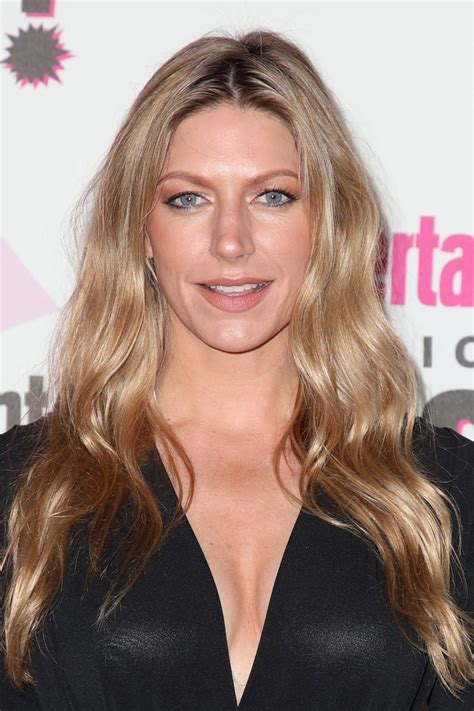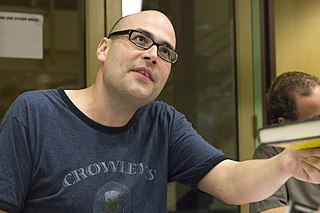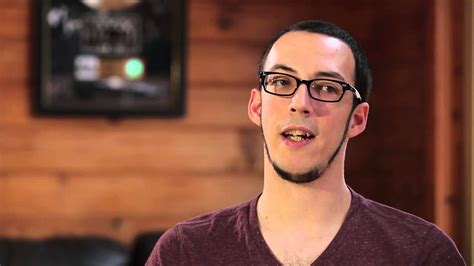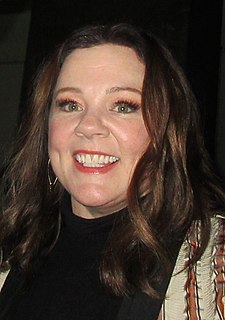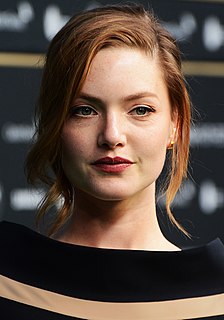A Quote by Sandra Bullock
If you're gonna tell a story from beginning to end, I always think you have to have a great structure in a script. If it gets you excited and it's something you've never read before that's another plus. I think also with improv and that whole world of stand-up, that's a whole other organism of comedy that still needs a story, but it's more free-form. On the set, it is the combination of both those worlds coming together: a great script and an allowance to play with it.
Quote Topics
Related Quotes
Phunny Business is a breezy, vivid, funny, star-studded and delightful valentine to comedy, entrepreneurship and the All-American impulse to make something out of nothing. The story of comedy club owner/inveterate dreamer Raymond Lambert and his heroic quest to create a safe, productive place for black stand-up comedians to hone their craft and find their voices isn't just a great Chicago story and a great comedy story: it's a flat-out great story, lovingly and engagingly told.
Not only do you need great lyrics, a great message, a great story, great vocals, great chords... you also need great instrumentation, great editing, great sonics, great mixing, and great mastering. It all comes together to make something truly great, and I think each element combines together to create a powerful impact on the consumer.
Any good movie or script usually, if they're doing their job, gives the highest platform possible for an actor to leap off of, and that script was very high up there. It was a very smart, tight script. There was a lot of improv, as well, once we got to the set, but a lot of the original script was also in there.
I think you have to ask yourself, what is the point of the script? What is the script selling? Because all scripts are political, every story is political. It either challenges or reinforces some schism or stereotype. So what is the project going to say at the end of the day? What does it tell you about the world, or what does it challenge in terms of your world?
I don't have any one way to tell a story. I don't have any rule book of how it's supposed to be done. But I've always said that if a story would be more emotionally involving told, beginning, middle, and end, I'll tell it that way. I won't jigsaw it, just to show what a clever boy I am. I don't do anything in my script just to be clever.
I honestly would tell anyone young to start looking at stories and learning story, because I think that’s the next step after people go, ‘OK, I’ve had enough of that improvisation, I’ve had enough of those short comedy bits. Tell me a story, tell me a more complex story, something that lasts and maybe has a little more meaning to it.’ Don’t ever look at what’s happening now; look at what’s coming next.
I always think it's interesting to switch genres, because if I read a script and I know exactly how to manifest a story, I don't really want to do it anymore, because I've already done it in my head. It becomes less interesting. If I read something that's challenging, I get really passionate and usually fall in love with it, because I feel I need to do it. I need to tell the story; I need to find a way to make it happen.



